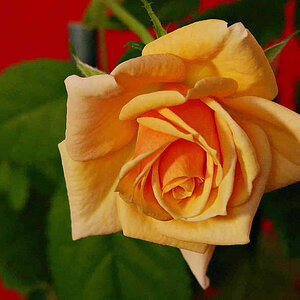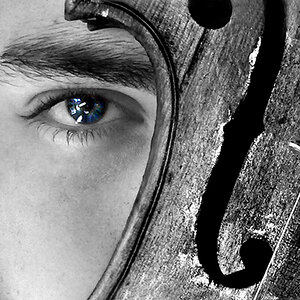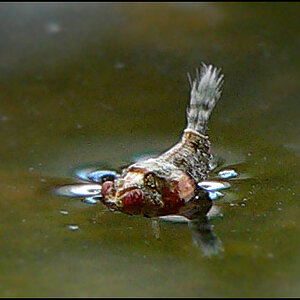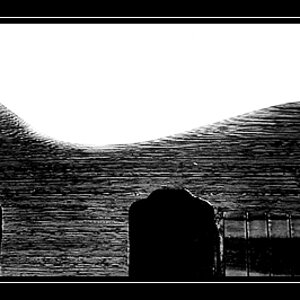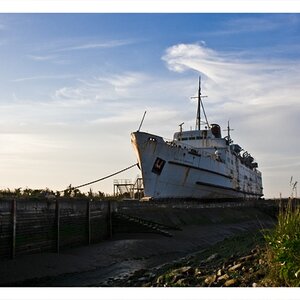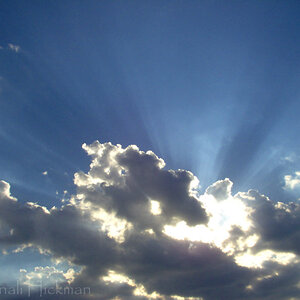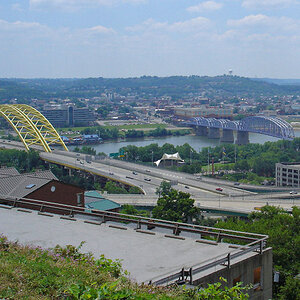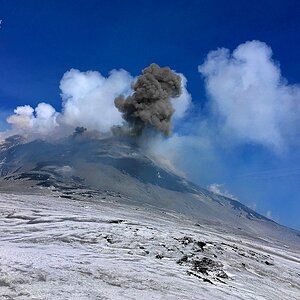- Joined
- Jan 2, 2007
- Messages
- 3,248
- Reaction score
- 3,729
- Location
- Cali, Colombia
- Can others edit my Photos
- Photos NOT OK to edit
I would love to save weight on my set up (7D ll+400 5.6+600ex-rt w/Better Beamer). Changing to the EOS R would save a half pound. A new smaller, lighter flash to go with the EOS R the Speedlight EL 100 has been announced but the specs don't look impressive. And add 4.5 oz for the adapter for my lens. Also I don't see a spot focus option listed for the EOS R but it must have something along those lines. I dunno...



